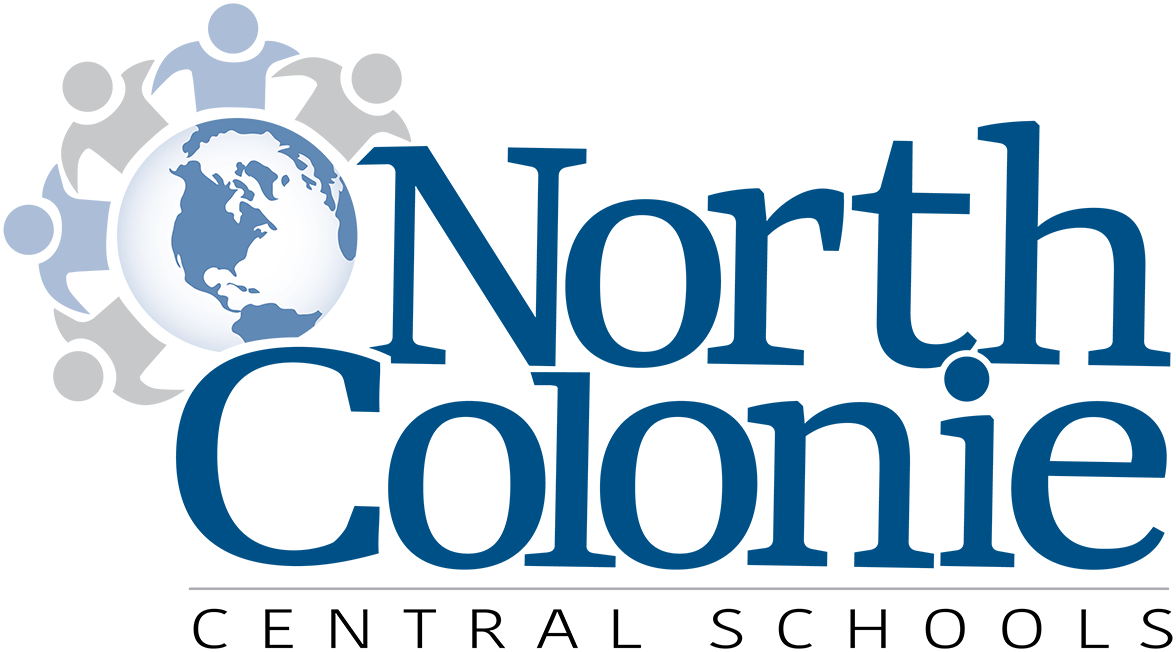School Social Workers
There may be times when students require more intensive and regular social-emotional support than what is typically addressed by school counselors. For those times, NCCS employs four district Social Workers. These fully licensed, highly-qualified professionals partner with school counselors and other staff members to meet these higher-level needs of students. They can also serve as an excellent resource for students and families in accessing additional support outside of school should a need arise.
Building Teacher Capacity & Expertise
K-5 Instructional Coaching Model
Cycle: Self-Directed Improvement System
Student-Centered Coaching & Low Inference Notes
Instructional Technology Coaching
Feedback Cycle – Teachers, Leaders, District
Professional Growth & Sustainability
Teacher Learning & Development Meetings
Affective & Cognitive Domains
Professional Development
Aligned with District Mission Priorities
Responsive, Tiered & Inclusive
Innovative & Meaningful
Student Assistance Counselors
Our amazing team of Student Assistance Counselors provides outreach counseling to students. This may involve crisis and/or substance abuse intervention, referrals to other local agencies, and coordination of need-based assistance programs. These counselors work closely with school counselors and social workers to coordinate the support of their shared students.
Building Teacher Capacity & Expertise
K-5 Instructional Coaching Model
Cycle: Self-Directed Improvement System
Student-Centered Coaching & Low Inference Notes
Instructional Technology Coaching
Feedback Cycle – Teachers, Leaders, District
Professional Growth & Sustainability
Teacher Learning & Development Meetings
Affective & Cognitive Domains
Professional Development
Aligned with District Mission Priorities
Responsive, Tiered & Inclusive
Innovative & Meaningful
School Psychologists
Our North Colonie school psychologists play a crucial role in supporting the mental health and academic success of students within our school district. Here are some key responsibilities and duties typically associated with our school building psychologists:
Assessment and Evaluation: School psychologists conduct comprehensive assessments and evaluations to identify students’ learning and behavioral needs. They use a variety of standardized tests, observations, interviews, and other assessment tools to gather information about students’ cognitive abilities, emotional well-being, social skills, and academic performance.
Individualized Education Program (IEP) Support: School psychologists contribute to the development and implementation of Individualized Education Programs for students with disabilities. They collaborate with teachers, parents, and other professionals to identify appropriate goals, interventions, and accommodations to support students’ educational needs.
Counseling and Intervention: School psychologists provide counseling and intervention services to students experiencing social, emotional, or behavioral difficulties. They help students develop coping strategies, enhance their social skills, manage stress, and improve their overall mental well-being. This can involve individual counseling, group therapy, and crisis intervention.
Consultation and Collaboration: School psychologists collaborate with teachers, administrators, and other school personnel to support students’ academic and behavioral progress. They provide consultation and guidance on instructional strategies, behavior management techniques, and positive school climate initiatives. School psychologists also work closely with parents to offer guidance and support.
Prevention and Intervention Programs: School psychologists develop and implement programs to promote positive mental health and prevent behavioral problems. They may organize workshops, training sessions, and presentations for students, parents, and staff members on topics such as stress management, conflict resolution, bullying prevention, and substance abuse prevention.
Crisis Response: In times of crisis, such as natural disasters, accidents, or incidents of violence, school psychologists play a vital role in providing immediate support and intervention to students, families, and staff members. They collaborate with other professionals to develop crisis response plans and provide counseling and resources during challenging times.
Collaboration with Community Resources: School psychologists often collaborate with community agencies, mental health professionals, and other external resources to ensure students receive comprehensive support. They may facilitate referrals to outside services and coordinate care to address students’ mental health needs beyond the school setting.
Research and Data Analysis: School psychologists contribute to research initiatives and data analysis to enhance their understanding of effective interventions and strategies. They may collect and analyze data related to students’ academic achievement, behavior, and mental health to inform decision-making and improve educational outcomes.
Blue Creek Elementary School
Boght Hills Elementary School
Forts Ferry Elementary School
Latham Ridge Elementary School
Loudonville Elementary School
Southgate Elementary School
Shaker Middle School
Shaker High School
Building Teacher Capacity & Expertise
K-5 Instructional Coaching Model
Cycle: Self-Directed Improvement System
Student-Centered Coaching & Low Inference Notes
Instructional Technology Coaching
Feedback Cycle – Teachers, Leaders, District
Professional Growth & Sustainability
Teacher Learning & Development Meetings
Affective & Cognitive Domains
Professional Development
Aligned with District Mission Priorities
Responsive, Tiered & Inclusive
Innovative & Meaningful
